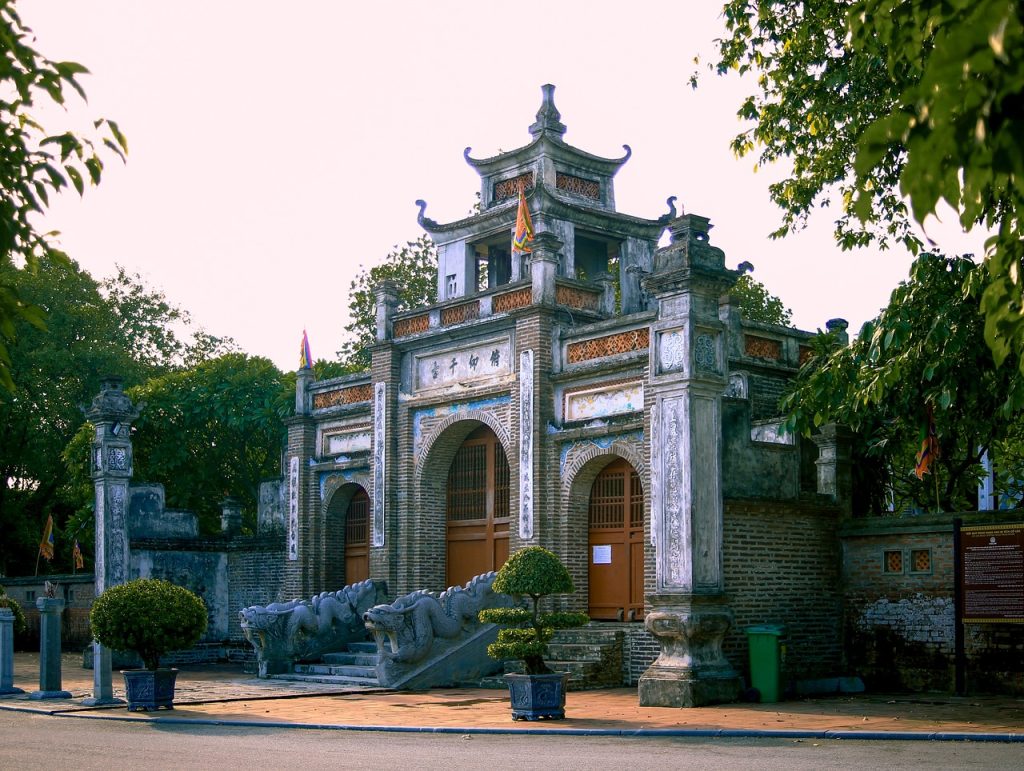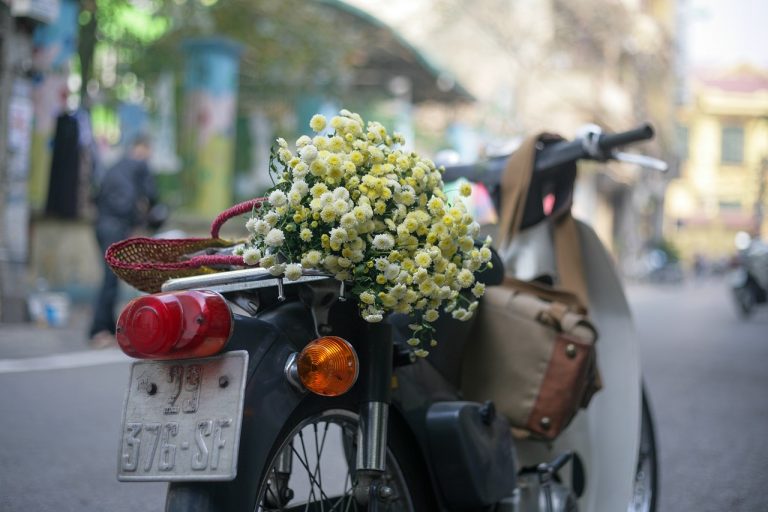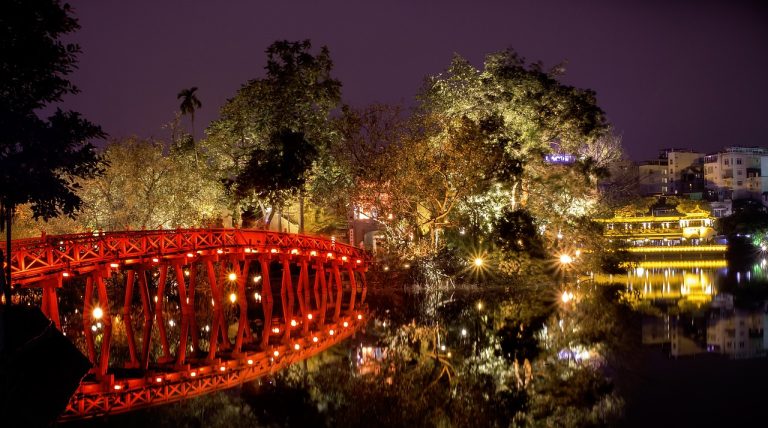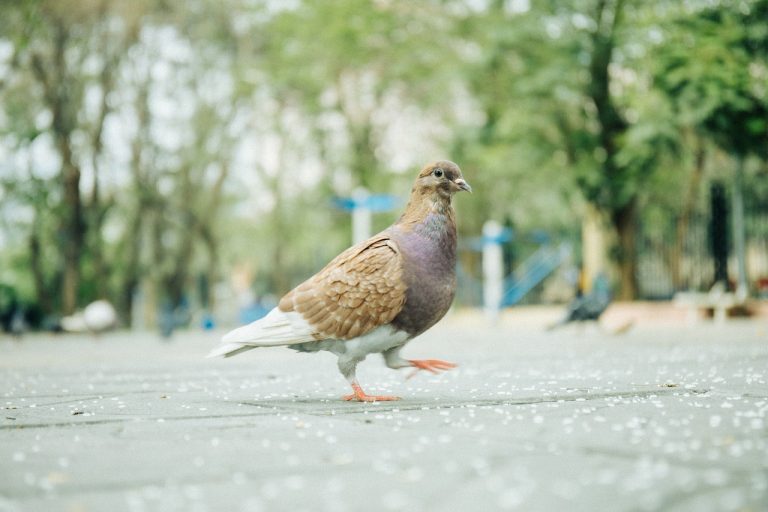Hanoi Vietnam Video
Eco-tourism in Hanoi Vietnam: Sustainable and Green Travel Options
Eco-friendly Accommodations
When visiting Hanoi, Vietnam, eco-conscious travelers have a range of sustainable and green accommodation options to choose from. These establishments prioritize environmental practices and offer guests a chance to minimize their carbon footprint. Some popular eco-friendly accommodations in Hanoi include:
- Sunrise Inn: A boutique hotel located in the heart of Hanoi, committed to sustainability and eco-friendly practices. The hotel uses renewable energy sources, implements recycling programs, and promotes water conservation.
- Green Oasis Hotel: Situated near Hoan Kiem Lake, this hotel offers comfortable rooms with environmentally friendly amenities. They have a rooftop garden and promote sustainable tourism practices.
- Eco Homestay: A traditional Vietnamese homestay experience that focuses on sustainable living. Guests can learn about organic farming, participate in eco-friendly activities, and enjoy a tranquil environment.
Eco-conscious Transportation
Getting around Hanoi sustainably is made easy with various eco-conscious transportation options available:
- Bicycle Rentals: Explore the city at your own pace by renting a bicycle. Hanoi has numerous bike rental shops that offer eco-friendly transportation and a chance to experience the city up close.
- Electric Scooters: Electric scooters are becoming increasingly popular in Hanoi. They are a convenient and eco-friendly way to navigate through the city without contributing to air pollution.
- Public Transportation: Hanoi has an extensive public transportation system, including buses and trains. Opting for public transport reduces carbon emissions and helps alleviate traffic congestion.
Hanoi Vietnam Image 1: 
Eco-friendly Dining Options
Hanoi offers a variety of eco-friendly dining options that focus on sustainable practices and locally sourced ingredients:
- Green Bamboo Restaurant: This restaurant serves delicious Vietnamese cuisine made from locally grown organic produce. They prioritize sustainable farming practices and offer vegetarian and vegan options.
- Organic Coffee Shops: Hanoi is known for its vibrant coffee culture. Many coffee shops in the city serve organic and fair-trade coffee, supporting sustainable farming and ethical practices.
- Farm-to-Table Experiences: Some restaurants in Hanoi offer farm-to-table experiences, allowing visitors to participate in the food production process and enjoy fresh, locally sourced meals.
Eco-tourism Activities
Engage in eco-friendly activities while exploring Hanoi’s natural beauty and cultural heritage:
- Nature Walks: Explore the city’s parks and green spaces on foot. Hanoi has several scenic parks, such as Hoan Kiem Lake and West Lake, where visitors can enjoy nature and fresh air.
- Cultural Tours: Take part in guided cultural tours that promote sustainable tourism practices. These tours provide insights into Hanoi’s history, traditions, and local way of life.
- Community-Based Tourism: Support local communities by participating in community-based tourism initiatives. These initiatives offer unique experiences while contributing to the social and economic development of local villages.
Hanoi Vietnam Image 2: 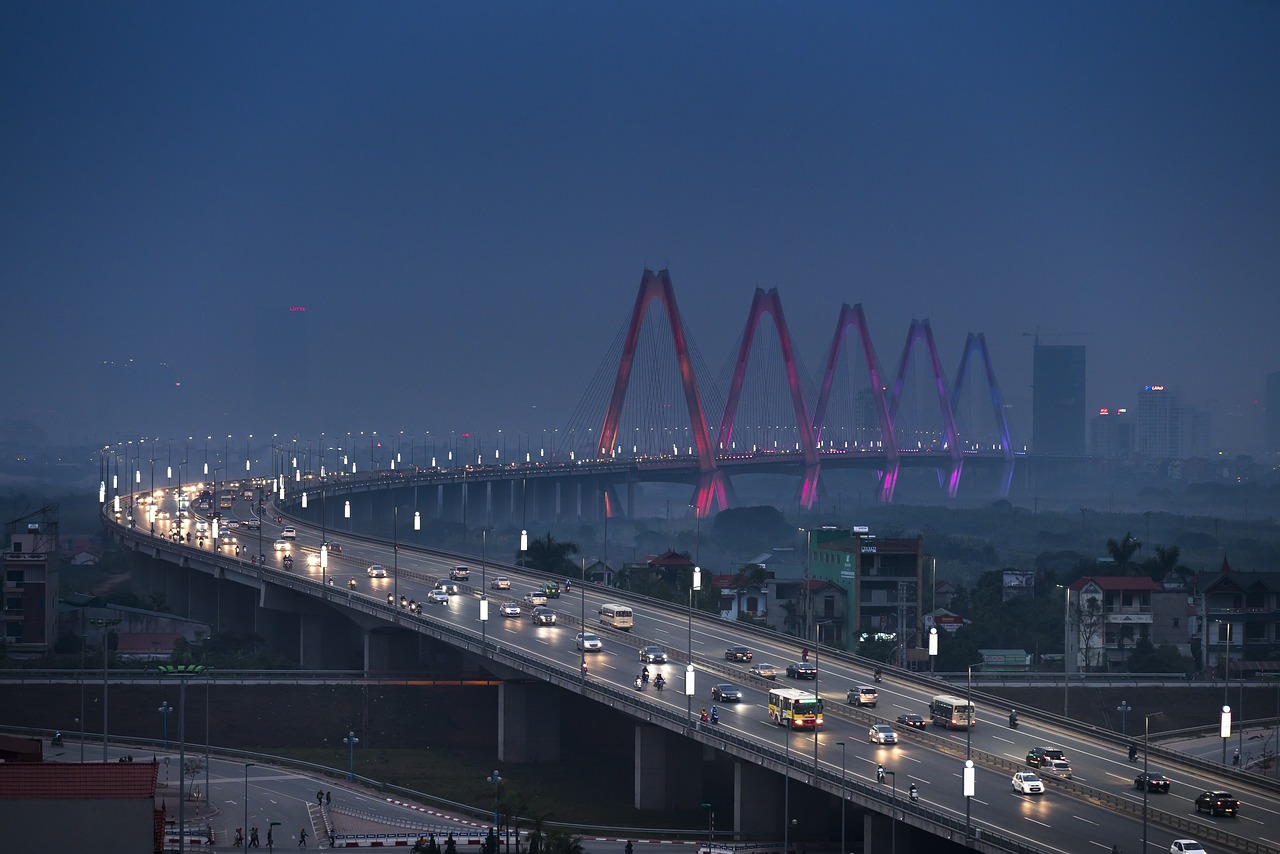
Environmental Conservation Efforts
Hanoi takes environmental conservation seriously and has implemented several initiatives to protect its natural resources:
- Clean Energy Initiatives: The city has been investing in clean energy projects, such as solar power, to reduce its reliance on fossil fuels and decrease carbon emissions.
- Waste Management Programs: Hanoi has implemented waste management programs, including recycling and composting, to reduce the amount of waste sent to landfills and promote a circular economy.
- Green Spaces Preservation: The city prioritizes the preservation of its green spaces and has designated protected areas to conserve biodiversity and provide habitats for native flora and fauna.
Ethical Wildlife Experiences
When engaging in wildlife experiences in Hanoi, it is important to choose ethical options that prioritize animal welfare and conservation:
- Responsible Animal Sanctuaries: Visit animal sanctuaries that rescue and rehabilitate animals, promoting conservation and education. These sanctuaries offer opportunities to learn about wildlife without supporting unethical practices.
- Responsible Dolphin Watching: If you plan to go dolphin watching, choose operators that follow responsible tourism practices and prioritize the well-being of dolphins and their natural habitats.
- Responsible Elephant Interactions: If you wish to interact with elephants, ensure you choose responsible elephant sanctuaries that prioritize the welfare of these majestic creatures and do not support activities like riding or forced performances.
Hanoi Vietnam Image 3: 
Supporting Local Artisans
Support local artisans and sustainable craftsmanship by purchasing handmade products in Hanoi:
- Traditional Craft Villages: Visit traditional craft villages on the outskirts of Hanoi, where skilled artisans create beautiful handicrafts using traditional techniques and sustainable materials.
- Artisan Markets: Explore local artisan markets, such as Dong Xuan Market and Night Market, where you can find a wide range of handmade products, including textiles, ceramics, and jewelry.
- Social Enterprises: Support social enterprises that empower local artisans and provide fair wages and working conditions. These enterprises offer unique, sustainable products that make for meaningful souvenirs.
Green Initiatives by the Government
The Hanoi government has implemented various green initiatives to promote sustainability and eco-tourism:
- Bicycle Infrastructure: Hanoi has been actively expanding its bicycle infrastructure, including dedicated bike lanes and bike-sharing programs, to encourage sustainable transportation options.
- Green Building Regulations: The city has introduced green building regulations to promote energy efficiency and sustainable construction practices, reducing the environmental impact of new developments.
- Environmental Education: The government is focusing on environmental education programs to raise awareness and educate residents and visitors about sustainable practices and the importance of preserving the environment.
Conclusion
Hanoi, Vietnam offers a range of eco-tourism options for travelers seeking sustainable and green travel experiences. From eco-friendly accommodations to ethical wildlife experiences, visitors can minimize their environmental impact while enjoying the city’s natural beauty and cultural heritage. By supporting local artisans and participating in eco-conscious activities, travelers can contribute to the preservation of Hanoi’s unique environment and promote sustainable tourism practices.
References
- Sunrise Inn: sunriseinnhanoi.com
- Green Oasis Hotel: greenoasishotel.com
- Eco Homestay: ecohomestay.vn
- Green Bamboo Restaurant: greenbamboorestaurant.com
- Green Spaces Preservation: hanoi.gov.vn
- Responsible Elephant Interactions: responsibletravel.com
- Traditional Craft Villages: vietnam.travel
- Green Building Regulations: hanoi.gov.vn

